The president of the African Development Bank (AfDB), Akinwumi Adesina, has said Nigeria needs help from international institutions in tackling its debt burden.
The statement is coming barely 24 hours after President Muhammadu Buhari called for debt cancellation for developing countries that are facing fiscal and liquidity challenges at the 77th session of the United Nations General Assembly (UNGA).
This was made known by Adesina while speaking at the Nigeria International Economic Partnership Forum in New York on Thursday, where he said financing was critical to solving Nigeria’s development challenges.
What the AfDB president is saying
Adesina acknowledged that several countries, especially in Africa, where the debt to GDP ratio has increased, are at risk of high debt distress due to unstable, unsustainable debt levels.
He said, “Financing is critical because the debt to GDP ratio of Africa has increased to 70 per cent — several countries are the risk of high debt distress due to unstable, unsustainable debt levels.
“Nigeria’s total debt level is N42.84tn or $103bn. External debt levels stand at N16.61tn or $40bn. Ladies and gentlemen, Nigeria needs help to tackle this debt burden.
“International partnerships on debt are helping Africa, and Nigeria. The issuance of special drawing rights (SDR) by the International Monetary Fund of $650 billion helped provide liquidity support for countries. However, Africa only received $33 billion out of all of that. Pretty small.
“A call made by the African heads of state for developed economies to rechannel $100 billion of additional SDRs to Africa will go a long way to reduce the debt burden in Nigeria.
“Allocating this SDR, some of this, through the African Development Bank, will actually allow us to leverage it four times because we are a leveraging machine. We can deliver more financing to Nigeria and Africa.’’
The AfDB president stressed that Nigeria and other African countries need debt relief.
He also said African countries, including Nigeria, need international partnership to tackle climate change.
Adesina also highlighted challenges around investing in Nigeria. He said, “Nigeria’s growth will be conditioned on its ability to fix its massive infrastructure deficit,” adding that the National Integrated Infrastructure masterplan showed Nigeria would need a total financing of $759 billion up until 2043.
What you should know
- Nigeria’s ballooning debt burden has been a serious challenge to the nation’s economy with economic and finance experts expressing deep worries as the country uses over 90% of its revenue to service its debt.
- The country’s debt burden is further compounded by revenue challenges with some ministries, departments and agencies short-changing the country in the remittance of revenues to the Consolidated Revenue Fund

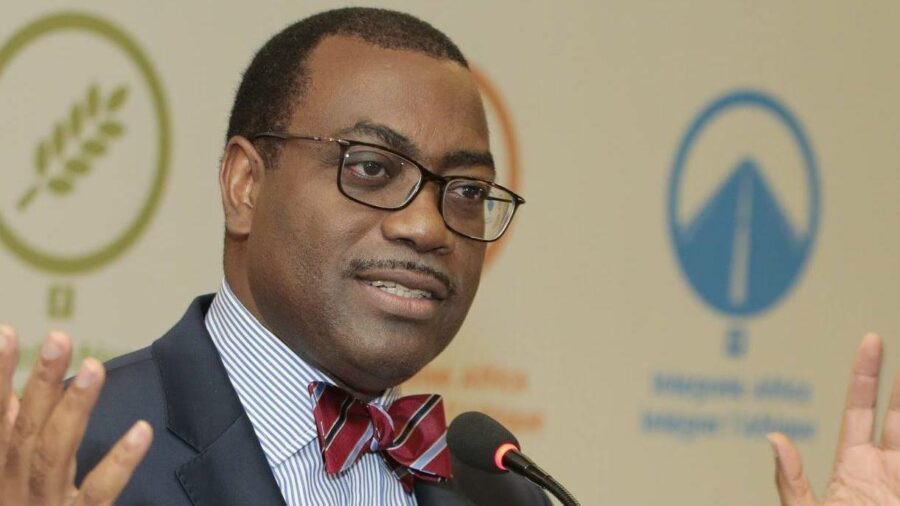








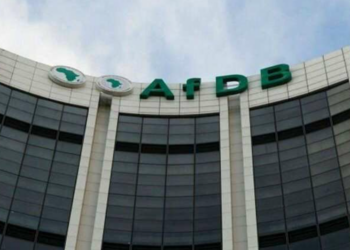
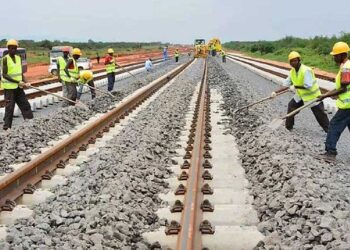
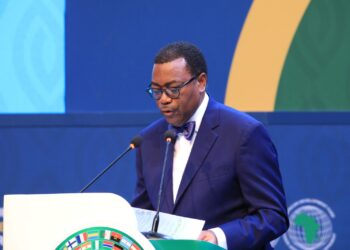
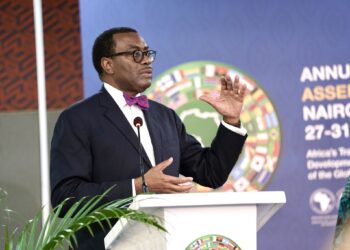


.gif)






